The Indian Ocean is the third-largest of the world’s five major oceans, covering a vast expanse of water and surrounding many diverse countries and ecosystems. Here are some interesting facts about the Indian Ocean:
🌊 The Indian Ocean: The Chillest Giant of All Oceans
So, you’ve probably heard of the Atlantic and Pacific Oceans — they’re always stealing the spotlight. But what about the Indian Ocean? Yep, it’s the quiet cousin of the ocean family. Not as loud as the Pacific, not as cold as the Arctic, but trust me — the Indian Ocean is cool, calm, and full of stories.
In fact, it’s one of the most important and underrated oceans in the world. It has seen everything from ancient trade ships to modern-day oil tankers, from pirates (yes, real pirates) to peaceful blue lagoons. It’s home to bustling ports, stunning islands, and some of the most beautiful sea creatures you can imagine.
Let’s take a deep dive (pun totally intended) into the world of the Indian Ocean — the ocean that hugs India, connects continents, and carries centuries of history in its salty waves.
🌍 Where Is the Indian Ocean, Exactly?
Okay, quick geography refresher.
The Indian Ocean is the third largest ocean in the world (after the Pacific and Atlantic). It lies below Asia, between Africa to the west, Australia to the east, and stretches all the way down to Antarctica.
It’s like a watery triangle that connects East Africa, the Middle East, South Asia, Southeast Asia, and Western Australia. It’s also the only ocean named after a country — yep, India got the naming rights!
🐠 What’s So Special About It?
You’d be surprised how unique this ocean is:
- It’s the warmest ocean in the world.
- It has no natural boundary in the north, since it ends where land begins — India, the Middle East, and Southeast Asia form its northern edge.
- It’s relatively calm, with fewer massive storms compared to the Pacific.
- It’s a major shipping route — like the expressway of global trade.
But it’s not just about stats. This ocean has a personality. It’s tropical, diverse, a bit mysterious, and very generous when it comes to natural resources.
🚢 A Highway for Ancient Traders
Long before planes and trains, the Indian Ocean was the original international trade zone. We’re talking thousands of years ago, when ancient sailors from India, Arabia, Persia, Africa, and even China crossed these waters on wooden ships.
The monsoon winds (those seasonal winds that reverse direction every few months) made it easier to sail across the ocean. Merchants would time their journeys with the wind — heading east during one season and back west in another. Smart, right?
They traded spices, silk, cotton, gold, ivory, tea, and even ideas. Some historians even call it the “Silk Road of the Sea.”
🏴☠️ Pirates of the Indian Ocean
Oh yes, we have pirates too. Not the Johnny Depp kind with eyeliner, but real-life pirates that used to (and in some cases, still do) hijack ships.
For centuries, the coasts of Somalia and parts of East Africa have been hotspots for piracy. Even now, international navies patrol certain areas to keep sea lanes safe. The ocean may look calm, but it definitely has its wild side.
🌴 Tropical Islands and Dreamy Getaways
If the Indian Ocean had an Instagram, it would be full of tropical island pics with hashtags like #paradise, #sunsetgoals, and #nofilterneeded.
Here are some island gems floating in the Indian Ocean:
- Maldives: Overwater villas, crystal-clear waters, honeymoon central.
- Seychelles: A luxury island chain with white sand and granite boulders.
- Sri Lanka: History, beaches, tea plantations — a full package.
- Mauritius: Volcanoes, coral reefs, and diverse cultures.
- Lakshadweep and Andaman & Nicobar (India): Stunning yet still underrated!
Basically, if you’re into snorkeling, scuba diving, or just chilling with a coconut in your hand, the Indian Ocean’s islands are where you want to be.
🐋 Sea Life and Surprises
The Indian Ocean is like an underwater kingdom. Its warm waters are home to a crazy variety of marine life:
- Dolphins and whales that perform acrobatics mid-ocean.
- Sea turtles nesting on quiet shores.
- Colorful coral reefs full of fish that look like they escaped from a cartoon.
- Sharks, manta rays, jellyfish, and yes — even the occasional sea monster (or so the legends say).
Sadly, like many parts of the planet, the Indian Ocean is facing threats like overfishing, plastic pollution, coral bleaching, and rising temperatures due to climate change. Nature’s been generous — but it needs some love and care in return.
🛢️ The Ocean Beneath the Oil
Let’s talk economy for a second. The Indian Ocean might be peaceful, but it’s also a major business zone. Some of the busiest shipping lanes in the world run through it — especially near the Strait of Hormuz, Malacca Strait, and Suez Canal route.
- A huge chunk of the world’s oil and gas moves through this ocean.
- Countries like India, China, and Japan depend on this ocean for their energy supplies.
- It also has underwater resources — oil, natural gas, minerals.
And because it’s so important, the Indian Ocean is also becoming a hot spot for naval presence — with countries building bases, patrolling the waters, and keeping an eye on each other. It’s not just a beach zone — it’s also a zone of strategy.
🧭 Climate, Cyclones, and the Mighty Monsoons
One of the coolest things about the Indian Ocean? Its connection to the monsoon system. These seasonal winds don’t just decide whether your summer is rainy or dry — they also impact farming, fishing, and even politics in countries like India, Bangladesh, and Myanmar.
Sometimes, the ocean gets angry. Cyclones, especially in the Bay of Bengal and Arabian Sea, can be powerful and destructive. Climate scientists closely monitor the Indian Ocean because changes here can affect the entire planet’s weather systems.
🌐 Cultures That Rose With the Tide
The Indian Ocean has been more than a water body — it’s been a bridge of cultures. Along its shores, you’ll find Hindu temples, Islamic mosques, Buddhist stupas, African drumming traditions, Southeast Asian food stalls, and European colonial forts.
Because of the ancient trade, people didn’t just exchange goods — they shared languages, religions, art, and architecture. That’s why you find Indian influence in Indonesia, Arab influences in Kerala, and African rhythms in the islands.
The ocean was basically the original internet — spreading culture far and wide.
💡 So, Why Should You Care?
Great question. Why should you care about a giant body of water?
Well, the Indian Ocean affects your life more than you think:
- It influences your climate and weather.
- It’s a food source for millions — from fish to seaweed.
- It supports tourism, trade, and global economy.
- It’s a part of India’s identity, both historically and strategically.
- And most importantly — it reminds us how connected we all are, even across oceans.
🧘♀️ Final Thoughts: The Soul of the Sea
The Indian Ocean is like that underrated character in a movie — not flashy, not dramatic, but full of depth, wisdom, and a calming presence. It’s been around for millions of years, watching civilizations rise and fall, carrying ships full of dreams, and rocking coral reefs to sleep.
Whether you’re standing on the shores of Kerala, snorkeling in the Maldives, or sipping chai while watching the waves in Chennai, remember this: the Indian Ocean isn’t just water. It’s history, connection, life, and soul.
Next time you look out at those deep blue waves, give a little salute to this quiet giant. It may not make headlines every day, but it’s out there — flowing, nurturing, connecting, and reminding us that we’re all part of something much bigger.
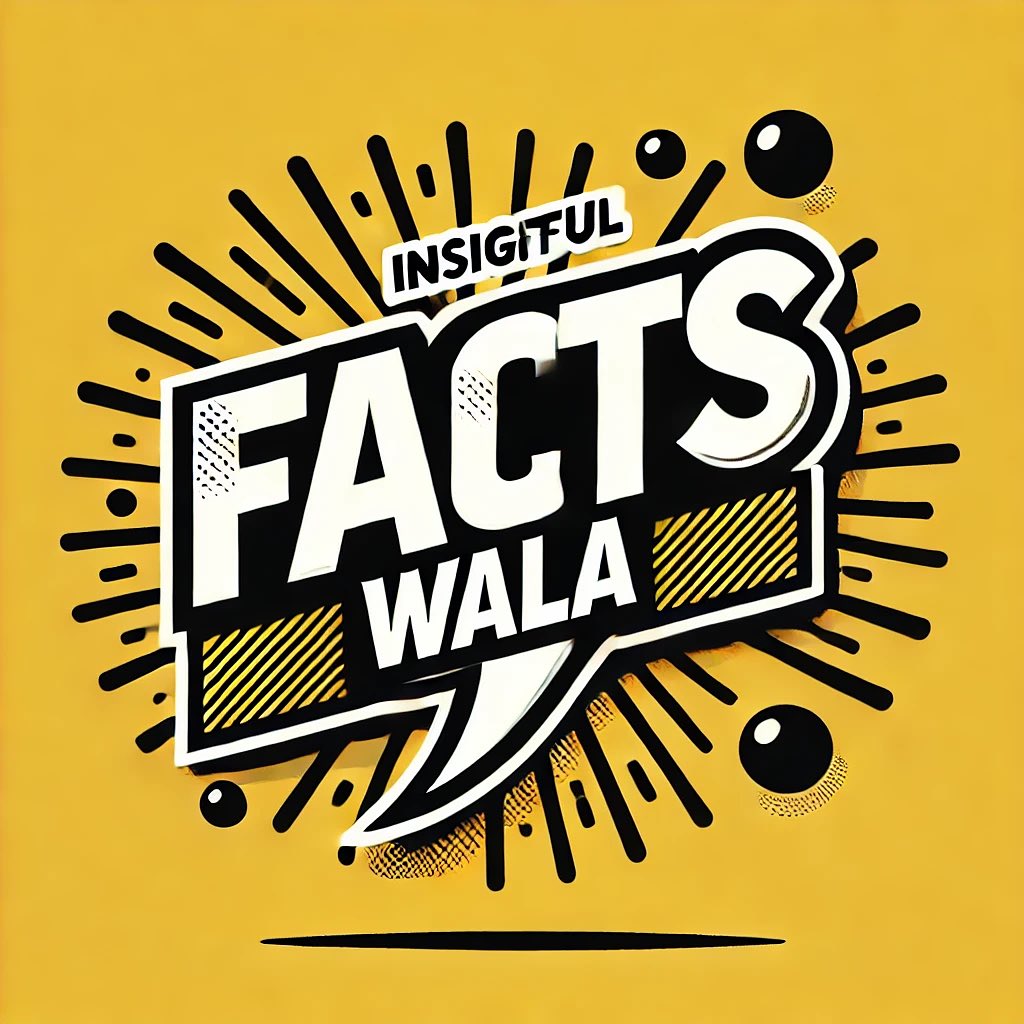












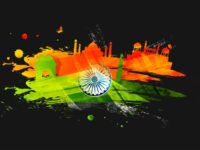




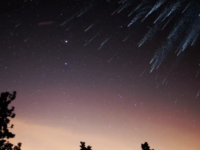




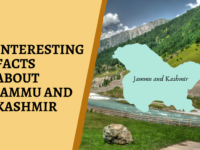
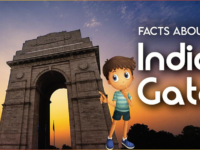













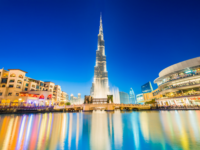

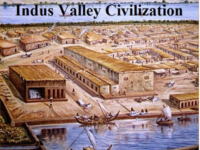









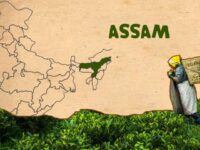

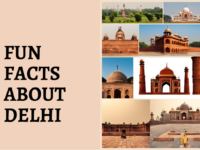



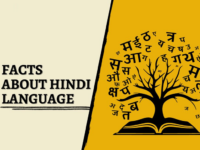








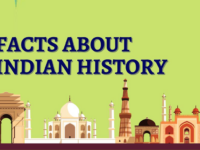
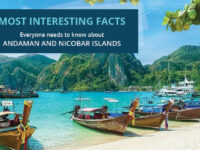
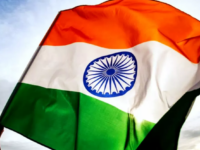
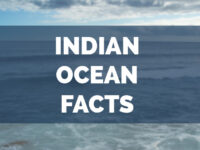
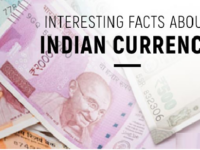
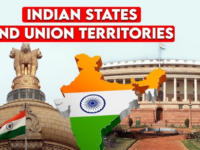

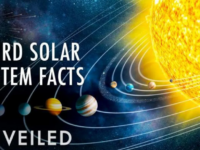
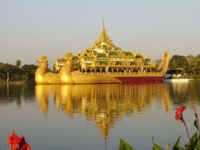



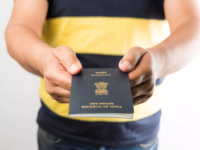


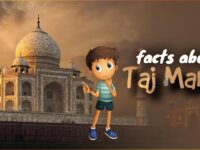

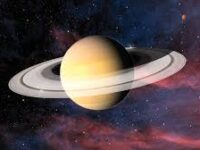



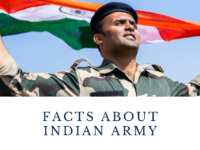











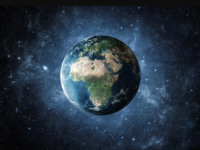



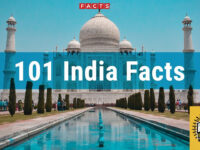
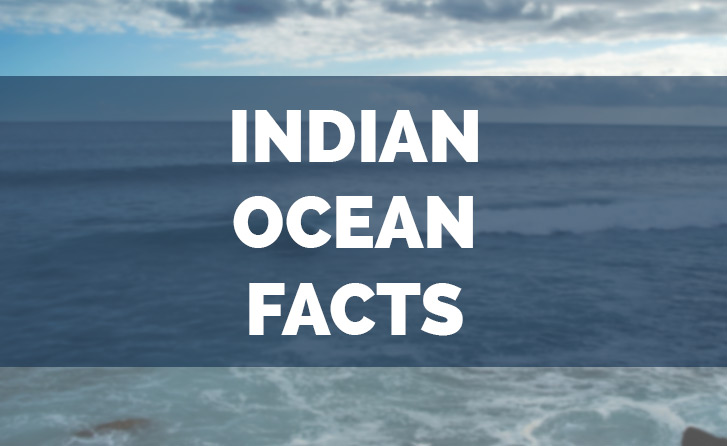
0 Comments